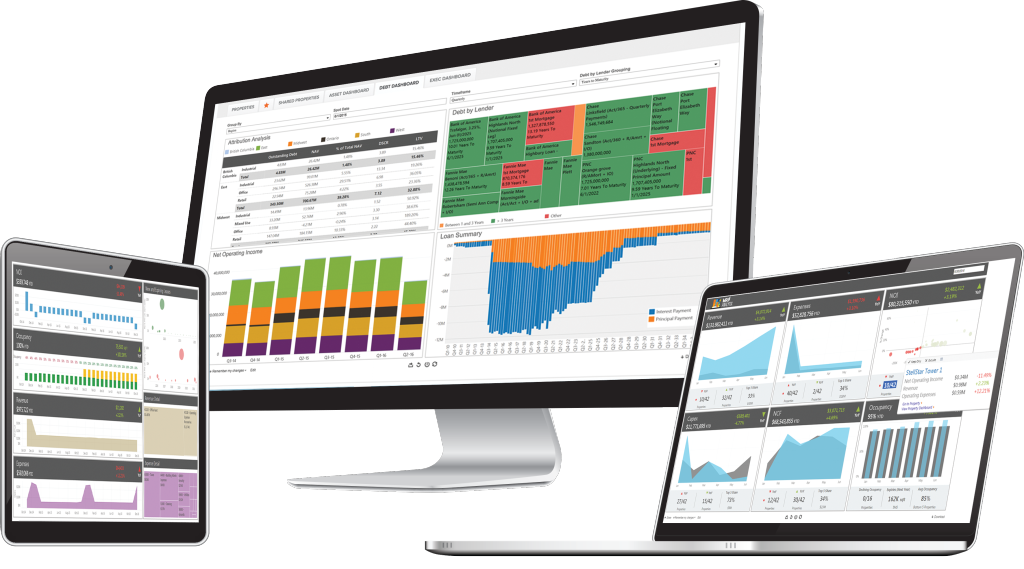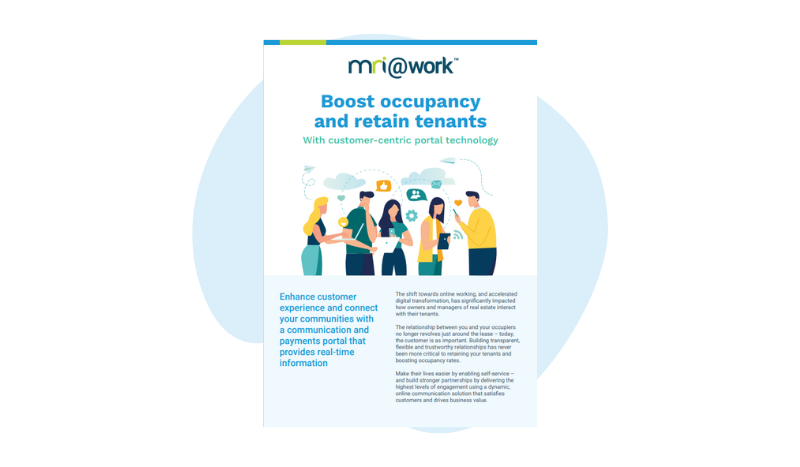Beyond financial modeling: Why real estate firms need to invest in technology
 As the real estate investment industry evolves, financial modeling will remain a key factor in allowing real estate investment
As the real estate investment industry evolves, financial modeling will remain a key factor in allowing real estate investment
trusts (REITs) and other organizations that invest in real estate to make informed decisions and gain competitive advantage. The ability to evaluate the impact of multiple factors on your portfolio improves performance and maximizes returns for stakeholders. But if financial modeling is already an integral part of the planning, analysis and forecasting process, why do many real estate firms fail to capitalize on worthwhile opportunities?
According to a report commissioned by CIMA and the AICPA, 80% of C-level executives have made strategic decisions based on flawed data. In addition, 42% of survey respondents claim to have “lost competitive advantage to more agile competitors” because of slow decision making. While many industries are addressing these problems by adopting new technology, the real estate industry lags behind.
Real estate financial modeling technology
The slow adoption of industry-specific software and tools is one of the main reasons real estate firms struggle to take full advantage of opportunities. Investment modeling software designed for the unique needs of the real estate industry plays a critical role in supporting a competitive strategy, and firms that choose not to embrace it run the risk of losing market share in the future.
Three roadblocks to success for real estate organizations:
- Slow decision making – Based on the report mentioned above, 72% of companies surveyed blame slow decision making for the failure of at least one strategic initiative. With the right tools in place, real estate firms can reduce inefficiencies within the organization, streamline processes, and break down organizational silos to make way for faster, more accurate decisions that maximize returns and minimize risks.
- Inefficient data management – Poor data quality, inadequate tools for extracting, analyzing and transforming data into meaningful insights, and poor systems integration prevent organizations from using data to their advantage. Many firms are using nothing more than spreadsheets to manage billion-dollar investment portfolios, which only encourages operational inefficiencies and increases the risk of incorrect reporting and flawed decision making. Firms that leverage business intelligence and analytics tools can spend less time chasing data and more time on business-critical initiatives.
- Lack of agility – Shifting market conditions as well as economic uncertainty can have an immediate impact on the value of real estate investment portfolios. To stay competitive, real estate executives must embrace agile strategic planning to speed up the decision-making process, minimize risk, and generate optimal returns. The ability to remodel scenarios quickly will help firms assess the best course of action for the organization and its investment portfolio in the short and long term.
With uncertainty becoming the new normal, real estate investment leaders need to leverage technology to make informed decisions, aggregate large volumes of data from multiple sources, and increase agility to stay in control of business strategy and performance management.
Is your firm ready to take financial modeling to the next level? Download the Investment Modeling Buyer’s Guide to find out how to choose the right software for your real estate firm.
MRI Engage for @Work Brochure
Enhance customer experience and connect your communities with a communication and payments portal that provides real-time information The shift towards online working, and accelerated digital transformation, has significantly impacted how owners and …

